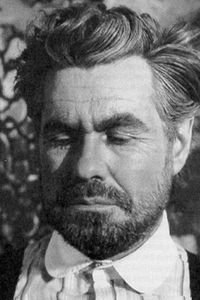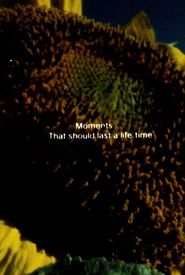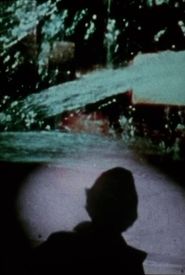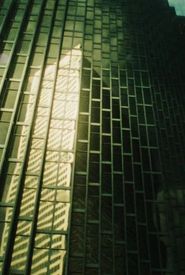R. Bruce Elder has been diligently honing his craft since 1975, simultaneously nurturing two remarkable bodies of work that have garnered widespread recognition and acclaim. As an artist, he has been operating within the experimental tradition, consistently pushing the boundaries of creative expression and exploring innovative methods of artistic communication.
In tandem with his artistic pursuits, Elder has also been writing erudite critical texts on art and cinema, showcasing his mastery of language and his deep understanding of the visual and performing arts. His tireless efforts have not gone unnoticed, and he has been rewarded with numerous accolades and honors, including the prestigious Governor General's Award in Visual and Media Arts in 2007.
This esteemed recognition is considered the highest honor in Canada's visual and media arts community, and Elder's election to the Royal Society of Canada is a testament to his outstanding contributions to the fields of art and scholarship. Throughout his distinguished career, Elder has demonstrated a profound commitment to his craft, and his work continues to inspire and influence artists, scholars, and audiences around the world.
Born in 1944 in Toronto, Ontario, Canada, Elder's early life was marked by a deep fascination with the arts. He began his artistic journey at a young age, exploring various mediums and techniques before eventually settling on experimental film and video art as his primary medium.
Throughout the 1970s and 1980s, Elder continued to refine his skills, experimenting with new techniques and pushing the boundaries of what was possible in the realm of experimental film and video art. His innovative approach and unique perspective earned him widespread recognition, and he soon became a respected figure in the Canadian art world.
In the 1990s, Elder expanded his creative horizons, turning his attention to writing and publishing erudite critical texts on art and cinema. His insightful analyses and nuanced critiques have been widely praised, and he has established himself as a leading authority on the subjects of art and film.
Today, R. Bruce Elder is widely regarded as one of Canada's most innovative and influential artists, and his work continues to inspire and influence artists, scholars, and audiences around the world. His remarkable career is a testament to his dedication, creativity, and commitment to his craft.
Jonas Mekas, the pioneering figurehead of the New York Filmmakers Co-op and a prominent architect of American avant-garde cinema, has bestowed upon Elder the esteemed title of "the most important North American avant-garde filmmaker to emerge during the 1980s".
Throughout his illustrious career, Elder's magnum opus of art criticism has been meticulously devoted to meticulously mapping the intricate symbiosis between cinema and art movements throughout the entire twentieth century, with a particular emphasis on the profound influence that these movements have had on one another.
Notable academic achievements of this esteemed individual are exemplified in his most recent scholarly publication, "DADA, Surrealism, and the Cinematic Effect", as well as his previously published works, "Harmony & Dissent: Film and Avant-garde Art Movements in the Early Twentieth Century", and the forthcoming "Cubism and Futurism: Spiritual Machines and the Cinematic Effect".
In recognition of his remarkable and far-reaching contributions to the field of art criticism, Elder received the esteemed Robert Motherwell Book Award from the Dedalus Foundation in the year 2009 for his outstanding work, "Harmony + Dissent".
































